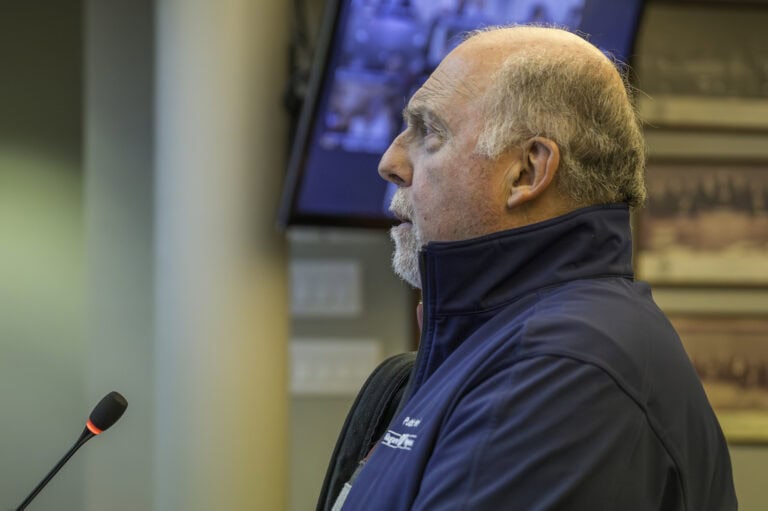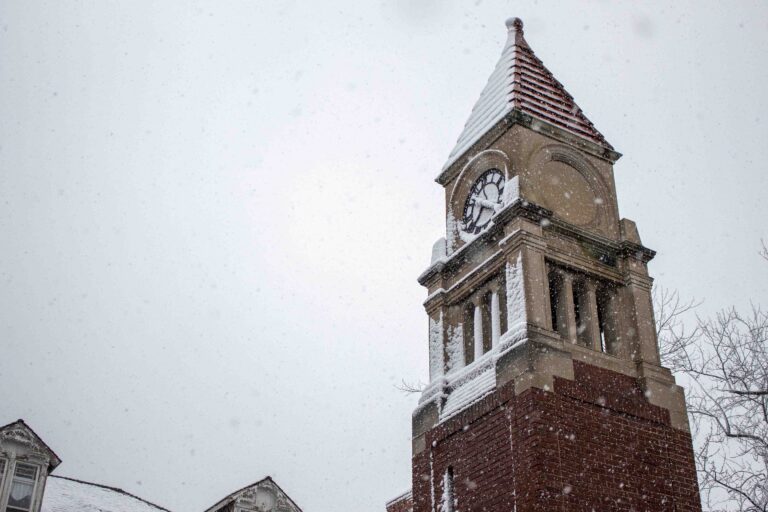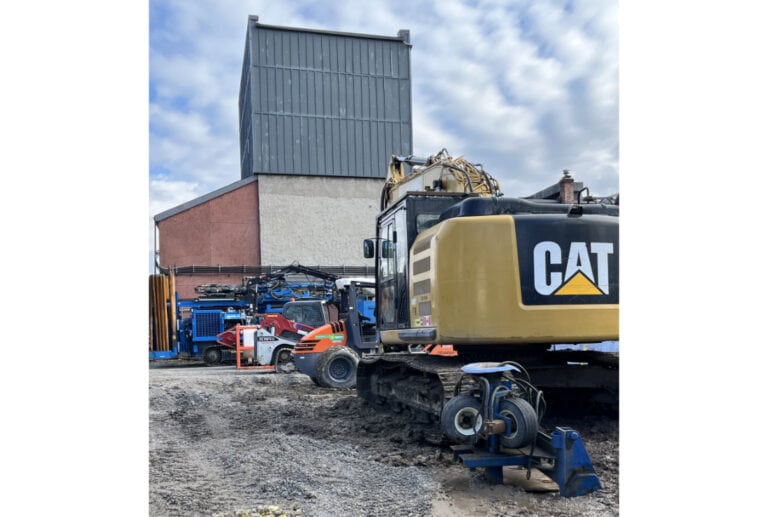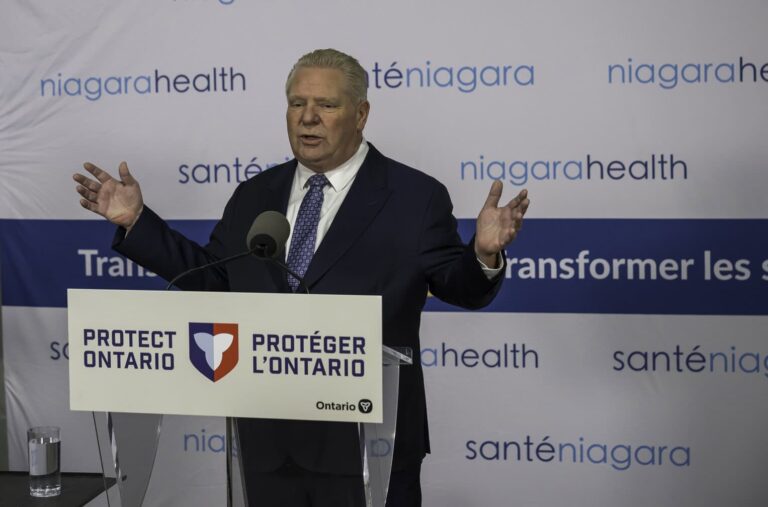Dr. William Brown
Special to The Lake Report
I’m 80 and just days ago had a conversation with my children about what they could realistically do if I become sick with COVID-19.
My wife has dementia and lives in a long-term care facility nearby. Because of provincial rules, I am unable to visit her – because, even if at this stage when she lives mostly in the present, we enjoy visiting with one another, often laughing again and again over the still-fresh video clips of grandchildren doing what grandchildren do and reminiscing, although mostly on my part, about days gone.
I have two children, one an upper-airway surgeon in Halifax and the other an orthodontist in Alaska – both out of reach – and three grandchildren, one in Alaska and the other two in Halifax.
Both children are at high risk for acquiring the disease because their jobs involve working close to the airway. So, I worry about them, although my son more so, because he’ll be on the front lines whereas orthodontics can wait.
What’s the issue? In this pandemic those at highest risk of acquiring the disease and highest mortality rate are in people in their 50s or over, those with one or more chronic diseases at any age, and those in professions, working closely with infected patients, whether identified or not, such as dentists, dental hygienists, respiratory therapists, paramedics and others.
This is a disease that primarily attacks the lining of the respiratory tract, from the nasal cavity to the far reaches of the lungs, which explains the sneezing and coughing and if severe, the shortness of breath.
It is the latter that is most worrisome because it is in those far reaches of the lung where gas exchange takes place in tiny sacs where oxygen and carbon dioxide in the airway come closest to the circulation and any significant flooding by inflammatory fluids and swelling of cells is most likely to impair life sustaining oxygenation of the blood.
This is where things get messy, because if oxygenation of the blood become impaired, the heart and especially the brain’s functions may become impaired, possibly beyond recovery. The latter is especially so, in later life where pre-existing conditions, some known about and others clinically silent (such as cerebrovascular disease, dementia in its early stages or both), reduce the reserve of the brain to recover from hypoxia.
The solution for patients suffering from pneumonia and hypoxia is oxygen to begin with. But for those when that isn’t enough, intubation of the airway and possibly tracheotomy, and artificial ventilation may be needed.
However, my experience with ventilatory support in the elderly hasn’t been an encouraging one – patients in their 80s and beyond, often don’t fare as well as the young.
Beyond the physical discomfort associated with artificial ventilation is the fact many older patients become disoriented by the lights, noises and routines, to the point that some become delirious, from which cognitively speaking, they may not fully recover.
I for one, wouldn’t like that. Figuring into this discussion is my take that that I’ve had a very good run at life, lucky in my parents, wife, children and grandchildren. I was fortunate, too, in my career for much of which was a “Camelot” period in my life, and many dear friends, too many of whom have died in recent years. So, yes, I’ve been fortunate.
For all those reasons, I’ve made the decision that should I develop this disease and be so short of breath, that at a younger age, I would have called 911 and ended up in hospital and possibly ventilated – this time around I want to die in place rather than go through the rigmarole of ventilatory support in a health care system where resources will surely be stretched beyond the limit.
Some might disagree with me, but in the greater balance, the efforts of the system should be directed toward the young with responsibilities for parents, children and partners. And my dear wife will be taken in hand and moved closer to one of the children, should something happen to me.
That's the discussion I had with my children. Of course, nothing may happen to me and I’ll carry on as before. But I think it’s worthwhile to have these discussions with those you love and who love you. Don’t leave important discussions like this to chance, especially in the evolving storm.
That’s my take -– what’s yours?
Dr. William Brown is a professor of neurology at McMaster University and co-founder of the Infohealth series held on the second Wednesday of each month at the Niagara-on-the-Lake Public Library.



.jpg)






